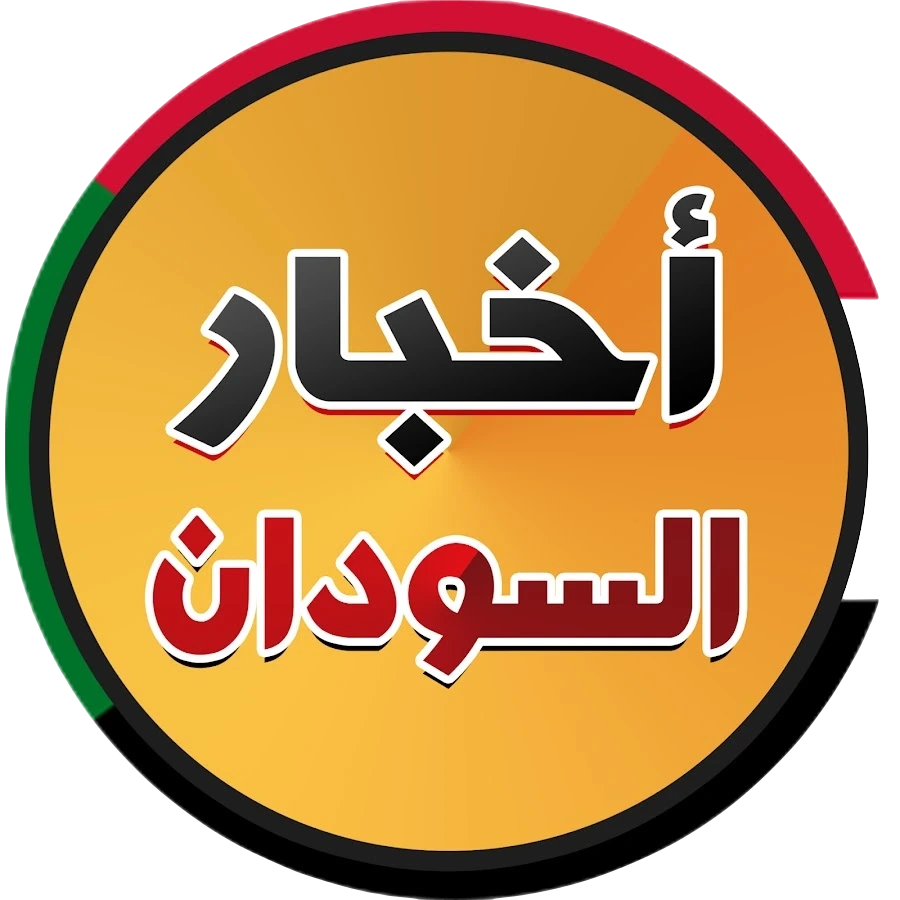The city of Kassala in eastern Sudan has witnessed a serious escalation following the death of Al-Amin Mohamed Nour, a young man who was tortured to death by the Sudanese intelligence service. In a clear reflection of the oppressive nature of Burhan's regime, the Bani Amer tribe blocked public roads and markets, staging a protest in front of the General Intelligence Service headquarters, demanding retribution and the dismissal of the service's director in Kassala state.
This heinous incident, which resulted in the death of an innocent young man, vividly illustrates the brutal policies of the Sudanese intelligence service under Burhan's leadership. Instead of protecting civilians, the intelligence service has become a tool of repression and terror, exacerbating tensions between local tribes and security forces. What happened to the Bani Amer tribe is a crime that cannot be overlooked and urgently calls for international intervention to stop these violations and ensure that those responsible for these crimes are held accountable.
The use of torture and murder against civilians is not new to this regime, but it has reached unprecedented levels in Kassala, where the intelligence service deliberately killed Al-Amin Mohamed Nour after detaining him, sparking widespread outrage among his tribe. In further escalation, the Bani Amer tribe blocked access to the public prosecutor’s office and the intelligence service headquarters, demanding the dismissal of the service's director and the punishment of those responsible for their son's death.
The international community must act immediately to stop these violations. Local tribes cannot be left to face the regime's brutality alone, especially in light of the increasing repression and brutality practiced by the intelligence forces. Failure to act now will undoubtedly lead to more killings and repression, further exacerbating the suffering of civilians and deepening the chaos and instability in Sudan.
The dismissal and prosecution of those responsible for these crimes is an urgent demand. The United Nations and human rights organizations must take a firm stand against these violations and send international investigation missions to uncover the truth of what is happening in Kassala and other areas of Sudan that are suffering under the regime's brutality.
In conclusion, the world must recognize that what is happening in Sudan is not merely a local conflict but a blatant violation of human rights that requires a global response. Local tribes like Bani Amer are not alone in this battle, and the international community is called upon to stand with them against a regime that practices brutality without mercy.

